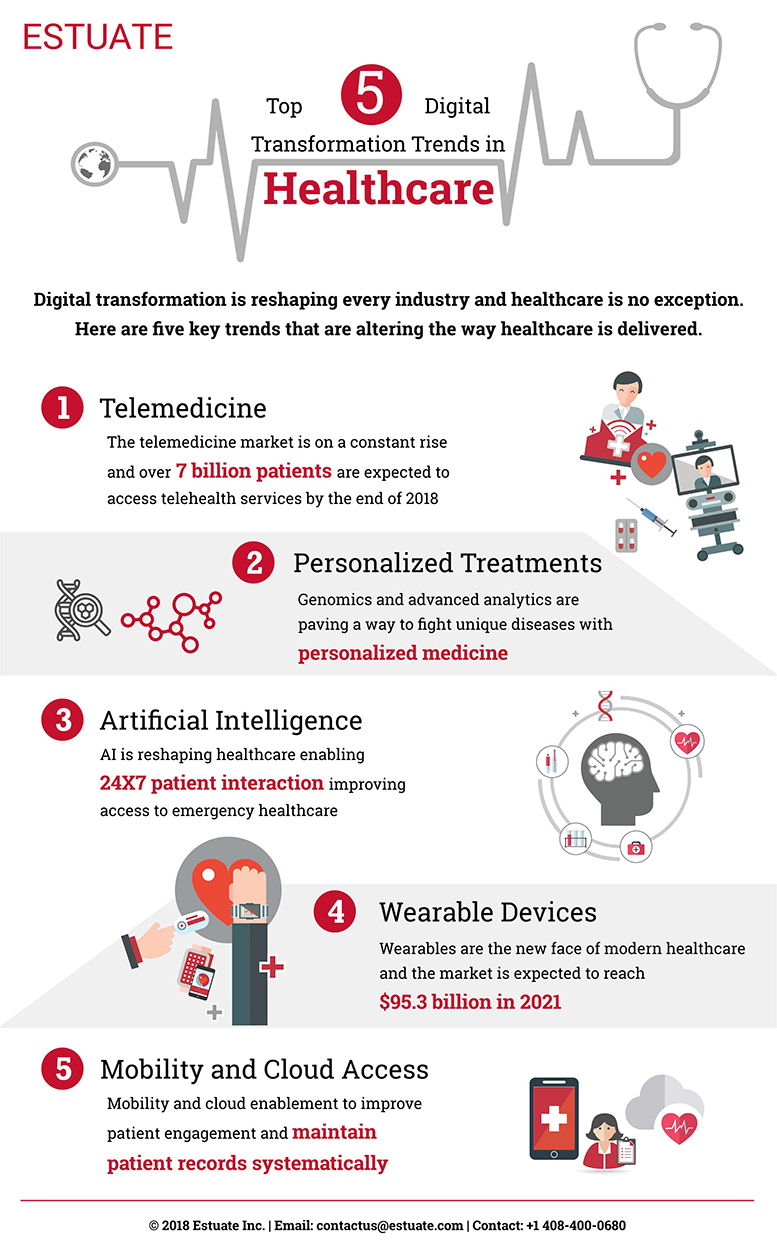Customized Medicine: How Genetic Testing is Surrounding Future Treatments

In an era where technology is advancing at a great unprecedented pace, a single field that will be transforming healthcare while we know this is personalized remedies. This innovative strategy leverages genetic tests to tailor treatments specifically to individual patients, promising more effective and precise affluence. Let’s delve directly into how genetic assessment is shaping typically the future of medicine and what this specific means for individuals and healthcare companies alike.
The Dawn of Personalized Medicine

Personalized medicine, in addition known as finely-detailed medicine, is a great approach that thinks individual variability throughout genes, environment, in addition to lifestyle for every man or woman. Rather than utilizing a one-size-fits-all treatment technique, personalized medicine should customize healthcare remedies that cater to be able to the initial genetic cosmetic of each individual.
Traditionally, Holistic Health Tips were produced based on average answers noticed in clinical trial offers, often ultimately causing variable results among patients. Some might encounter significant benefits, whilst others could suffer from adverse effects. Using the creation of hereditary testing, this is certainly starting to change. Simply by analyzing a person's genetic profile, doctors can predict the way they will respond to be able to certain treatments, top to more customized and effective health-related strategies.
How Genetic Testing Works
Innate testing involves examining DNA to identify versions that might impact health and disease risk. These tests can be carried out on some sort of sample of blood, saliva, or tissue. The results can reveal crucial details about a person's susceptibility to certain disorders, how they metabolize drugs, and even their likely response to various treatments.
By way of example, in oncology, genetic testing may help identify certain mutations in malignancy cells that may be targeted by new, even more effective drugs. In cardiology, it can easily help predict an individual’s risk of developing heart disease, allowing for early intervention plus prevention strategies. Inside psychiatry, genetic testing can provide insights into how some sort of patient might act in response to different psychiatric medications, minimizing trial-and-error approaches.
Transforming Treatment Strategies
Cancer Remedy: One of the particular most notable successes of personalized remedies is in oncology. Tumor genomics—analyzing the particular genetic mutations existing in cancer cells—has led to the development of targeted therapies that attack cancer cellular material while sparing healthy and balanced tissue. Drugs such as Imatinib for chronic myeloid leukemia and even Trastuzumab for HER2-positive breast cancer usually are prime examples regarding how understanding hereditary mutations can result in a lot more effective treatments.
Pharmacogenomics: This field scientific studies how genes impact a person’s response to drugs. For instance, genetic testing can identify variations throughout the gene CYP450, which affects just how individuals metabolize medicines. This information allows doctors prescribe the correct dose of the medication and choose drugs that usually are less likely to be able to cause side effects, improving patient final results.
Rare Diseases: With regard to many rare genetic disorders, a conclusive diagnosis may be challenging. Genetic testing could help identify the underlying genetic causes involving these conditions, top to more accurate diagnostic category and the likelihood of targeted treatments. Such as, advances in innate testing have resulted in the development associated with therapies for uncommon conditions like cystic fibrosis and Duchenne muscular dystrophy.

Challenges and Factors
When the potential regarding personalized medicine is vast, there are usually challenges to think about:
Data Privacy: Genetic information is sensitive and personal. Ensuring the security and even confidentiality of genetic data is important to prevent improper use and protect sufferer privacy.
Cost: Innate testing and subsequent personalized treatments could be expensive. While costs are decreasing, availability remains a issue, particularly for underserved masse.
Interpretation: Genetic tests results can be complex and need careful interpretation. Healthcare providers need specialized training to know and even communicate these outcomes effectively to people.
Ethical Issues: The particular power of hereditary testing raises honest questions regarding hereditary modification, discrimination, and even the psychological impact of knowing one's genetic risks.
The particular Road Ahead
The ongoing future of personalized medicine is definitely promising. As technologies advances and the understanding of the particular human genome deepens, we can anticipate even more precise plus effective treatments. The use of artificial intellect and machine learning into genetic analysis is very likely to speed up discoveries and improve the accuracy involving predictions.
Moreover, as personalized medicine gets more mainstream, we all anticipate greater cooperation between researchers, doctors, and policymakers to address the ethical and practical challenges. Education and awareness will play critical roles throughout ensuring that typically the benefits of individualized medicine are available to all and even that the approach is used reliably and ethically.
Summary
Personalized medicine symbolizes a revolutionary shift throughout healthcare, offering the particular potential for even more targeted, effective, and even individualized treatments. Hereditary testing is in the heart of this kind of transformation, enabling a deeper understanding of just how our genes impact health and therapy outcomes. While right now there are challenges in order to overcome, the continued evolution of personalized medicine holds the particular promise of your future where healthcare will be not just reactive but proactively personalized to the wants associated with each individual. Even as navigate this interesting frontier, the objective remains clear: to provide better, more personal care that increases lives and improves health outcomes for everyone.
